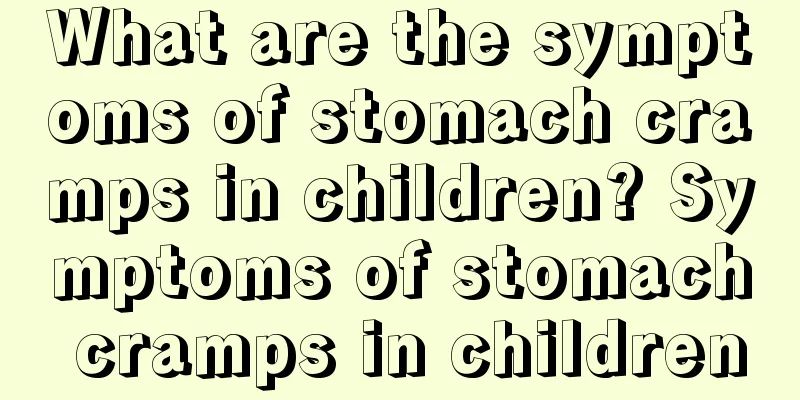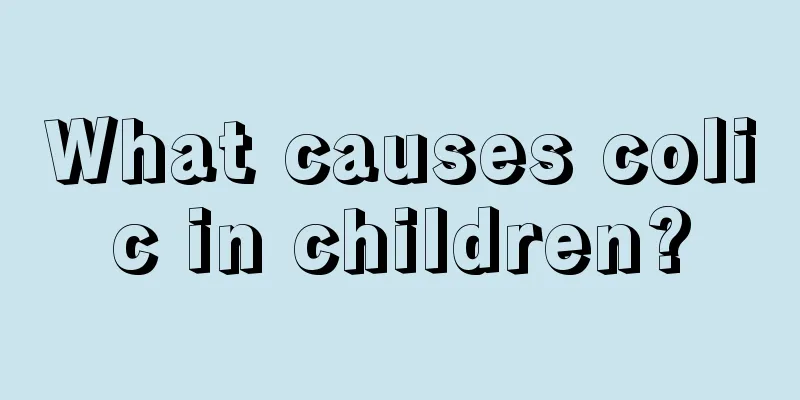What are the symptoms of high lead levels in children?

|
Lead is a heavy metal. If the lead content in a child's body is relatively high, it is a clear case of lead poisoning, which is quite harmful to the child. The child will be prone to irritability, ADHD, and sometimes aggressive behavior. It is also quite harmful to the child's digestive system, often leading to abdominal pain, diarrhea, and constipation. Let's take a look at the symptoms of high lead levels in children. What are the symptoms of high lead levels in children? 1. Nervous system: irritability, hyperactivity, short attention span, aggressive behavior, slow reaction, drowsiness, movement disorders. Severe cases may include mania, delirium (a temporary neurological disorder characterized by confusion, bewilderment, incoherent speech, restlessness, agitation, and often delusions or hallucinations), visual impairment, and cranial nerve paralysis. Blood lead level is 1000 ug/L (4.826umol/L), symptoms of lead encephalopathy such as headache, vomiting, convulsions, coma, and even death may occur. 2. Digestive system: abdominal pain, constipation, diarrhea, nausea, vomiting, etc. 3. Blood system: microcytic hypochromic anemia, etc. 4. Cardiovascular system: hypertension and arrhythmia. 5. Urinary system: aminoaciduria, glucosuria, and hyperphosphaturia in the early stage; in the late stage, patients may experience symptoms of renal failure such as azotemia. Subclinical lead poisoning mainly affects children's intellectual behavioral development and physical growth. Due to the lack of clinical manifestations sufficient to attract the attention of parents and pediatricians, it is often easily ignored. By the time it is discovered, the toxic effects of lead are difficult to reverse. Its hidden and progressive pathological characteristics make it more harmful to children's health. Therefore, it is the focus of research on childhood lead poisoning. What is lead excess Excessive lead exposure can have serious impacts on children's health, especially their physical and intellectual aspects. Children's lead content exceeds the standard, that is, the lead content in the child's body exceeds the maximum limit of lead intake for children. Lead, a chemical element, is seriously harmful to the human body. Excessive intake of lead and its compounds can cause palpitations, irritability, damage to the nervous system, and even cause cancer and teratogenesis. Excessive lead content will have a very negative impact on children and should be taken seriously by parents. The latest research in the United States confirms that children with blood lead levels exceeding 25 micrograms per liter are at risk of developing dental caries and abnormal learning behavior. Experts at home and abroad have recognized that if children's blood lead levels exceed 50 micrograms/liter, it will affect the children's intellectual development and cause problems with reading, calculation, memory and attention. The World Congress of Pediatrics unanimously passed that as long as a child's blood lead level exceeds 100 micrograms/liter, regardless of whether there are clinical symptoms and other biochemical changes, the child will be diagnosed with lead poisoning, and blood lead levels exceeding 200 micrograms/liter will be classified as moderate lead poisoning. my country's Ministry of Health calls children's blood lead levels over 100 micrograms/liter hyperleademia, and over 200 micrograms/liter mild lead poisoning. Occupational doctors believe that clinical intervention should only be considered when blood lead levels exceed 450. |
<<: What are the symptoms of spina bifida in babies?
>>: Purple birthmark on newborn
Recommend
Treatment methods for children with sallow complexion and thin body
In our lives, it is common for children to have s...
Is shingles contagious to babies?
Herpes is a common disease among people. Anyone w...
Why does the child's face turn pale?
Under normal circumstances, children's faces ...
What to do if your four-year-old baby has bad breath
For people with bad breath, it is not only embarr...
What to do if your child doesn't like brushing his teeth
Most children have a common problem, that is, the...
How to prevent intestinal diseases in children?
Gastroenteritis is mostly related to bacteria. Fo...
Can I give my child zinc supplements in summer?
Zinc supplementation for children can be done all...
What to do if your child has a runny nose, cough, and phlegm
When children have coughs and runny noses, they s...
What to do if a five-year-old child has a picky eater
Children's picky eating is a common phenomeno...
Is it harmful for children to always be constipated?
Constipation is more common among children, but m...
Can baby's overeating cause coughing?
When babies are young, it is easy for them to hav...
Causes of Nosebleeds
Nosebleed, also known as epistaxis, is a problem ...
At what age do teeth start to change?
Children are what parents care about most in our ...
Why do children keep blinking?
There are many reasons why children keep blinking...
Symptoms of calcium deficiency in babies
When children are young, parents like to compare ...









